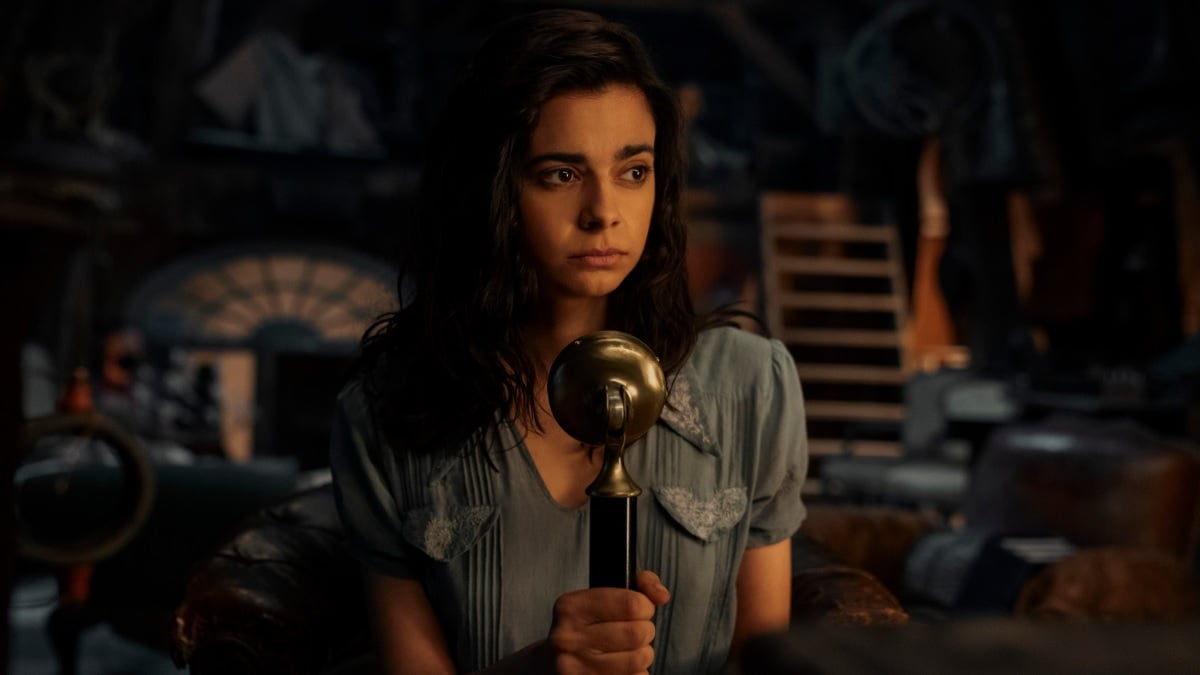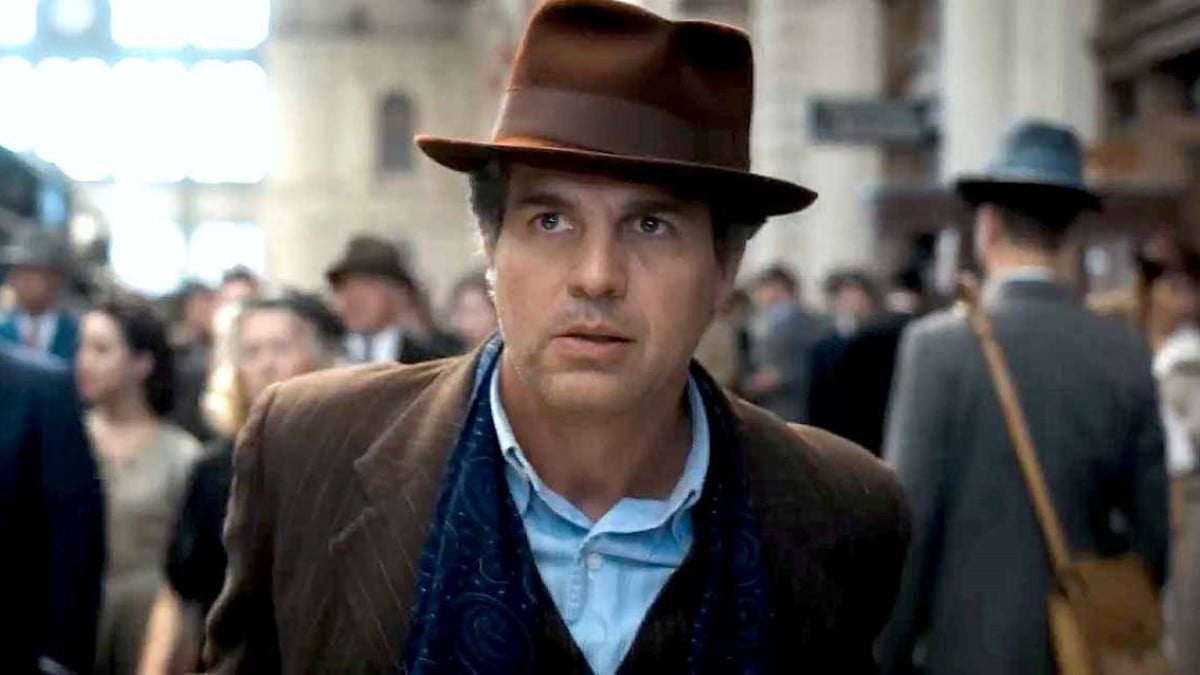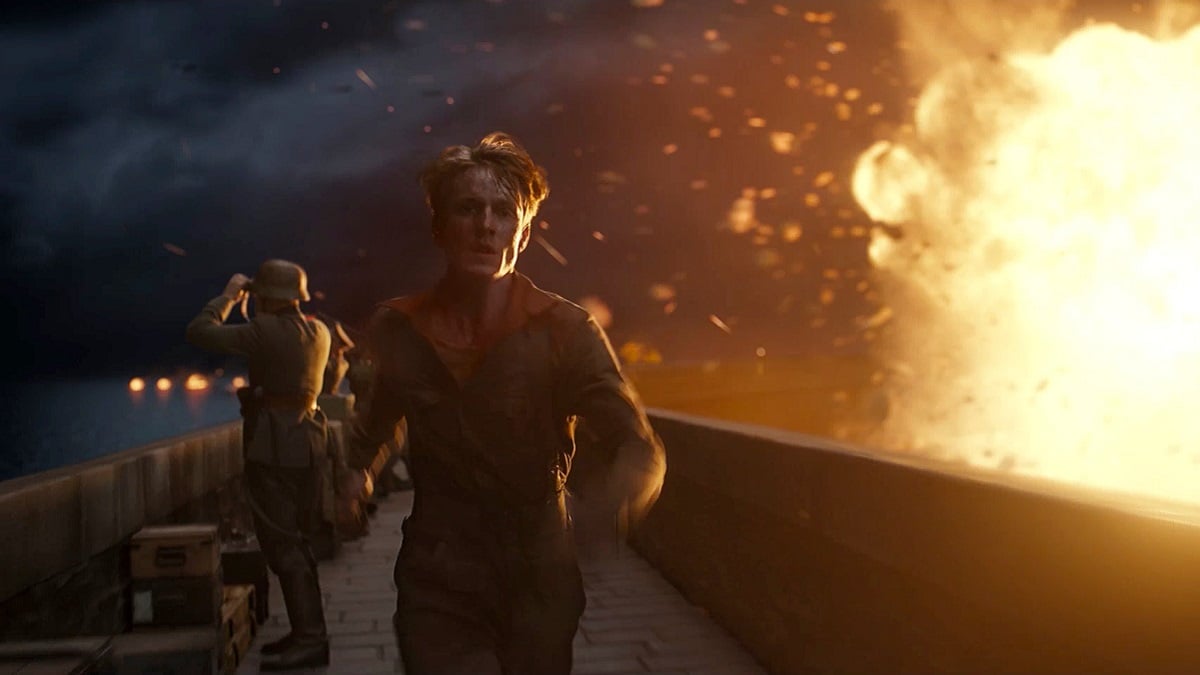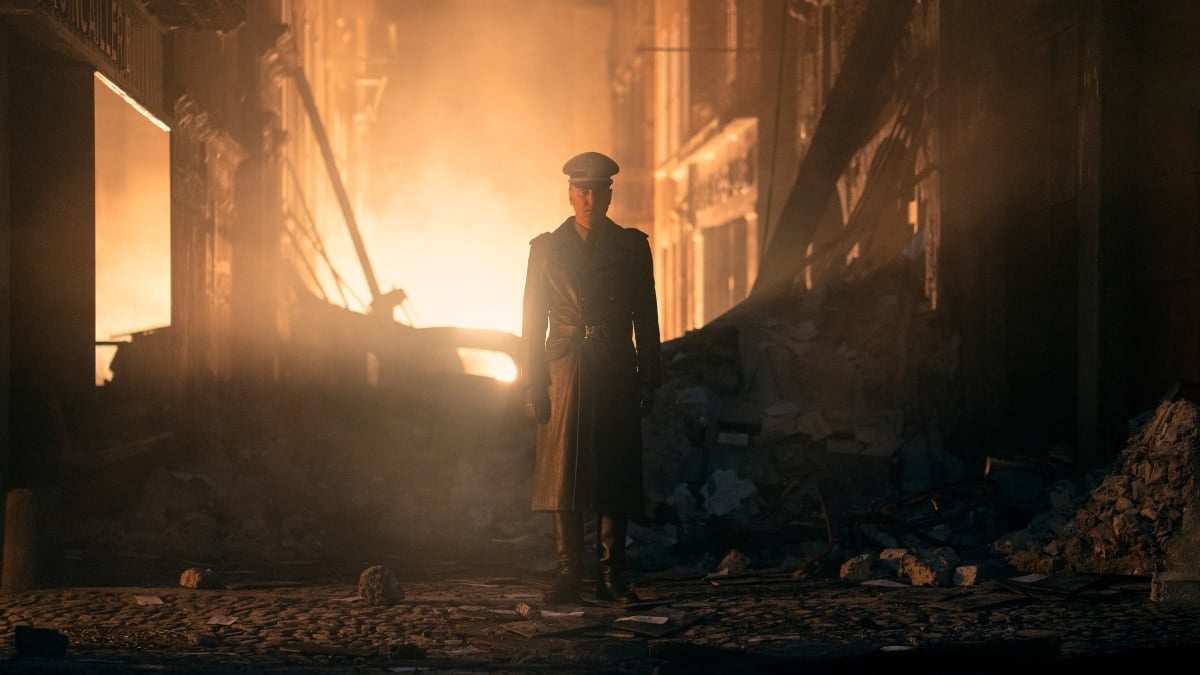Throughout a career that’s yielded billions upon billions of dollars at the box office and will next deliver the Marvel Cinematic Universe’s first R-rated entry in Deadpool 3, drama has been an alien concept to Shawn Levy as a filmmaker. Fair play to the director for attempting to broaden his horizons, but Netflix’s upcoming limited series All the Light We Cannot See – which premieres on Nov. 2 – states a compelling case for why he’s been so averse to hard-hitting and weighty material.
The four-part adaptation of the Pulitzer Prize-winning novel by Anthony Doerr has no shortage of pedigree on either side of the camera, with Levy having been one of blockbuster cinema’s go-to guys for almost two decades, with the scripts being handled by Peaky Blinders creator Steven Knight, never mind the impeccable production design and lavish visuals that are par for the course when it comes to the streaming service’s high-profile original output. And yet, the end result manages to be both undercooked and overwrought at the exact same time.
Of course, the finest filmmakers are more than capable of switching genres at ease, but never once does All the Light We Cannot See give off the impression that Levy has a future outside of his effects-heavy wheelhouse, with the saccharine sentimentality being ladled on thick at the expense of building character, while those with an affinity for the source material won’t be best pleased with some of the artistic and creative license that’s been applied.

Newcomer Aria Mia Loberti gives a good account of herself in what’s her first-ever acting role, though, with the lead playing Marie-Laure LeBlanc, a blind Frenchwoman living alone in the German-occupied coastal town of Saint-Malo, where she sends out nightly radio broadcasts from the supposed safe haven of an attic, although her literary readings inevitably hold a much greater significance to those who listen.
The second half of the dual-wielding narrative strands follows Louis Hofmann – best known for headlining Netflix’s phenomenal sci-fi series Dark – as German soldier Werner, who finds himself enamored by the broadcasts and the person behind them, despite his duties as part of the Nazi invasion the intent to relay their locations to his superiors so the culprits can be tracked down and eliminated.
Both of the key players in the story are illuminated through their respective backstories, with Marie’s thread zeroing in on the relationship with her now-missing father, played by Mark Ruffalo carrying an accent that’s probably going to be one of the biggest talking points coming out of All the Light We Cannot See, make of that what you will.

Meanwhile, Werner is humanized through his own flashbacks that paint him as somebody sympathetic viewers should be rooting for, despite his complicity in the Nazi’s harrowing campaign across Europe. Supreme evil Nazi Von Rumpel (Lars Eidinger) – who may as well have been ripped from the Indiana Jones franchise – has made it his mission to find Marie under the belief she knows the location of a diamond he’s confident will cure what ails him, while Werner’s growing fondness for the mysterious broadcaster forces him to surreptitiously fight back against his military overlords in an effort to protect her from afar.
It’s an engaging enough story, and obviously an acclaimed one looking at how the novel was greeted, but that simply doesn’t translate to the screen in Levy and Knight’s hands. Some of the resolutions to particular arcs are a little too neat, what should have been huge moments for certain people get glossed over in an attempt to make it onto the next plot point as soon as possible, with a great deal of the book’s nuance and subtlety being tossed out of the window in favor of an overly-familiar, by-the-numbers approach that signposts many of its elements as predictable, regardless of whether or not you’re familiar with its inspirations.

There’s an excellent adaptation buried in here somewhere, but Levy makes it perfectly clear he’s not the one to tell it. The visuals and production design are among All the Light We Cannot See‘s strongest suits without a doubt, but when everything else becomes so increasingly convenient in connecting the dots between everyone’s various journeys and arcs with the minimum of fuss, that superficiality only becomes more pronounced as each new installment progresses.
Good Nazi? Check. Grizzled war veteran overcoming a crippling personal obstacle in the nick of time? In Hugh Laurie’s case as Etienne LeBlanc, check. The two protagonists having an unspoken shared connection that ultimately ties itself to another major character? Check. Super evil Nazis who hammer home that Werner really is a good egg among a bad bunch? Check. Emotionally-resonant monologues dropped with regularity to outline the stakes in expository fashion? Check. All the Light We Cannot See sought to take on a moving, powerful, and uplifting novel through the prism of a big budget TV series, but bar a few minor flourishes and a couple of compelling performances, it’s almost the living definition of “content.”
It’s there, it’s nice to look at, it does everything you expect it to do, and then it ends. It should have been so much more, and could have been in the hands of a different creative team, but it’s hard to imagine it latching onto the consciousness in the same way the novel did, even if it’s guaranteed to spend at least a week or two as one of Netflix’s most-watched originals.
Middling
Netflix's lavish adaptation of the Pulitzer-winning novel has plenty of ambition and intention, but still falls short of doing justice to its inspirations.

